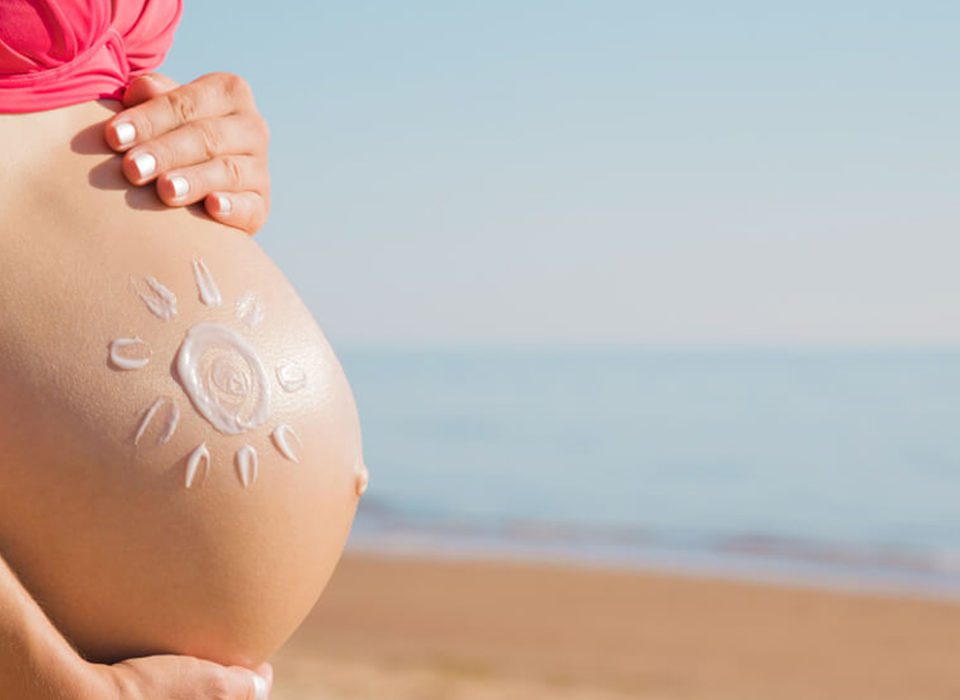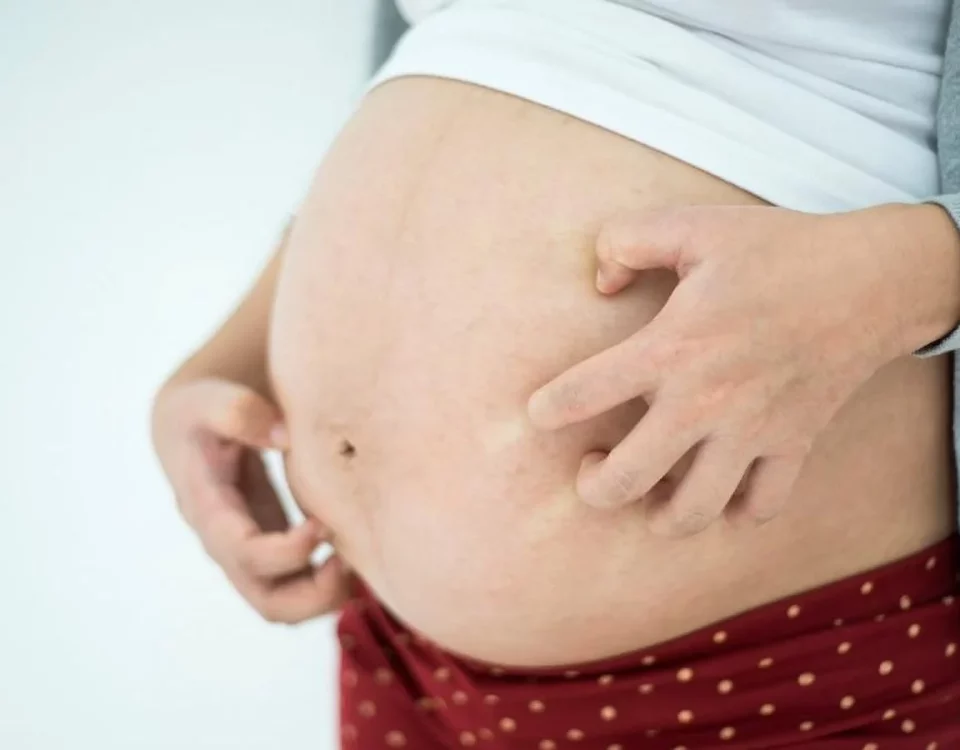Stress during pregnancy is one of the most important factors that jeopardize the health of both the expectant mother and the baby. While pregnancy is an exciting and enjoyable process for some expectant mothers, some expectant mothers may be more stressed, anxious, fearful and even depressed. However, stress during pregnancy is very dangerous for the expectant mother and the development of the baby. Stress can increase feelings of anxiety during pregnancy, reduce the quality of sleep and appetite of the expectant mother, and negatively affect the development processes of the baby’s brain and nervous system.
What Causes Stress During Pregnancy?
Although it is not clear what exactly causes stress during pregnancy, it is clear that stress can trigger some disorders. For example, in the 24th day of pregnancy The hormones adrenaline and cortisone, which are produced in the blood from the first week of pregnancy, can be passed on to the baby and have a negative effect on its emotional world. It is an extremely important period for brain development. trimester stress is extremely harmful for the baby’s nervous system. However, some studies suggest that infants who are exposed to emotional states such as stress, worry and anxiety during pregnancy are individuals who communicate less with their mothers, have more feeding problems and sleep problems.
It is also known that intense stress during pregnancy can cause miscarriage. Similarly, low birth weight babies are born due to stress. Apart from all this, stress can raise blood pressure and lead to various complications that cause vaginal bleeding.
What is Good for Stress During Pregnancy?
Factors such as relationship problems during pregnancy, the presence of twins or triplets, past infant loss, economic problems, and teenage pregnancy can lead to stress during pregnancy. In order to prevent stress during pregnancy, the sources of stress that cause stress should first be identified and thought should be given to what can be improved. However, talking with a partner or close friends about feelings and emotions during pregnancy, going for walks, and exercising regularly are among the factors that reduce stress. Meditation and relaxation techniques, warm baths, quality sleep and a healthy diet also help to reduce stress during pregnancy. In addition to all these, psychological support is also extremely important in combating stress during pregnancy. Stress therapies reduce the stress-related problems experienced during pregnancy and help the expectant mother to have a healthier pregnancy. If you are going through a stressful pregnancy, you can get support from a psychologist or psychiatrist.







